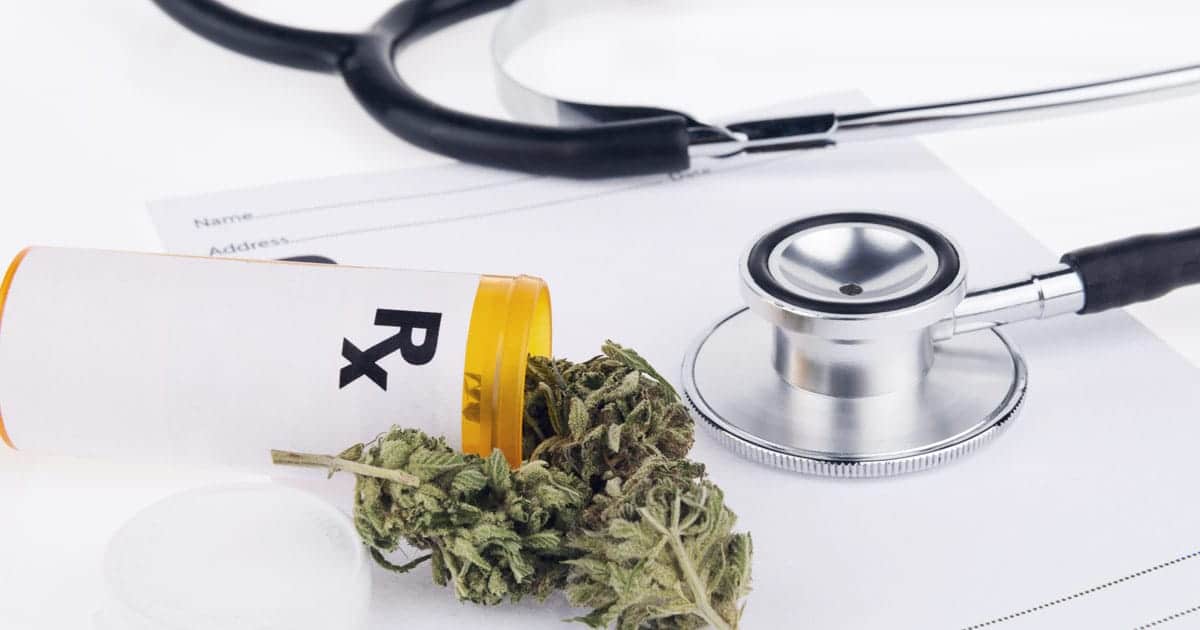Recent developments in the medical cannabis use debacle suggest that marijuana may cause pain and nausea following a surgical procedure, increasing the need to use opioids. This has led to increased calls for laws that enforce full disclosure by patients when they consume marijuana for health purposes before an operation.
This is according to new guidelines proposed by the American Society of Regional Anesthesia and Pain Medicine (ASRA Pain Medicine). With cannabis use increasing substantially over the past 20 years, these findings lend to the conversation around cannabis legalization and represent a positive movement toward easing the stigma.
What The Guidelines Entail For Medical Cannabis Use
The new guidelines, as published by the journal of Regional Anaesthesia & Pain Medicine, states that surgical patients using cannabinoids are at potentially increased risk for adverse perioperative outcomes. In layman’s terms, cannabis use during a surgical procedure may worsen postoperative pain, leading doctors to prescribe potent opioids for pain management.
The guidelines state that it would become incumbent upon anesthesiologists to ask patients if they use cannabis-either medically or recreationally- and be prepared to alter the anesthesia plan or delay the procedure in certain situations. According to Samer Narouze, MD, Ph.D., senior author of the guidelines and ASRA Pain Medicine president, these healthcare professionals will also have to counsel patients about the associated risks and effects of cannabis.
The bombshell comes after studies conducted found that regular users of marijuana may experience more pain and nausea after surgery and may require more medication for relief from discomfort. Narouze hopes that instead of casting a darker shadow over the cannabis discourse, the guidelines will provide a roadmap to help better care for patients who use cannabis and simultaneously require surgery.

Who It Will Impact
The guidelines, which were crafted by ASRA Pain Medicine’s Perioperative Use of Cannabis and Cannabinoids Guidelines Committee, featured a panel of 13 experts, including anesthesiologists, chronic pain physicians and a patient advocate, fielded 9 questions and made 21 recommendations.
These were graded on a scale established by the US Preventive Services Task Force, which assigns letter grades to recommendations, with grade A given to submissions with the highest level of evidence and I given to submissions of insufficient evidence.
Below is a list of recommendations that were grade A status, where healthcare persons would have to:
- Screen all patients for cannabis use before surgery
- Postpone elective surgery for patients who have an altered mental status or impaired decision-making ability at the time of surgery
- Counsel heavy users about the potentially negative effects of cannabis use on postoperative pain control
- Counsel pregnant patients on the risks of cannabis use to the unborn child.
The panel assigned a B grade to two of the proposed recommendations, which would see anesthesiologists and other healthcare professionals:
- Counsel patients about the potential risks of cannabinoid use before, during, and after surgery
- Discourage cannabis use during pregnancy and immediately following childbirth.
What This Means For The Cannabis Conversation
Many concerns continue to swirl around the use of cannabis for medical or recreational purposes. The guidelines do well to acknowledge that “The medical, social, and political landscape of cannabis is fluid, changing on an almost daily basis. Cannabinoid use in the perioperative setting has significant potential negative medical implications.”
This is very important as the guidelines make this distinction before the public hops upon any information that could add to the stigma regarding marijuana legalization. It goes far to say that these studies apply to cannabis in the perioperative setting and such a setting only; whether a misinformed public will use the information as such cannot be said.
The public and media at large have the potential to run away with facts of this nature and add further insult to injury to the discourse on cannabis. We must stick to the established science around the matter.
On a more positive note, the release of these guidelines has given a hand up to the conversation on cannabis use becoming more normalized in public settings; it no longer has to be shrouded in secrecy or shame.
We certainly hope that the upward trajectory continues. Moreover, the proposed guidelines encourage open and productive dialogue on the need for marijuana legalization for better and more equitable regulation.

Enjoyed that first hit? Come chill with us every week at the Friday Sesh for a freshly packed bowl of the week’s best cannabis news!
- Texas Expands Medical Cannabis Access with House Bill 46
- MMJ BioPharma Cultivation vs. the DEA
- Poll Shows Americans Back States’ Right to Cannabis Reform
- Restaurant Spotlight: Pizzeria Due – Where Deep Dish Pizza Becomes a Chicago Rite of Passage
- Maryland Leads the Way in Cannabis Pardons, Setting an Example for Much-Needed Cannabis Reform
- Military Construction and Veterans Affairs Bill Amendments Could Change Medical Marijuana and MDMA-Assisted Therapy Options for Veterans















